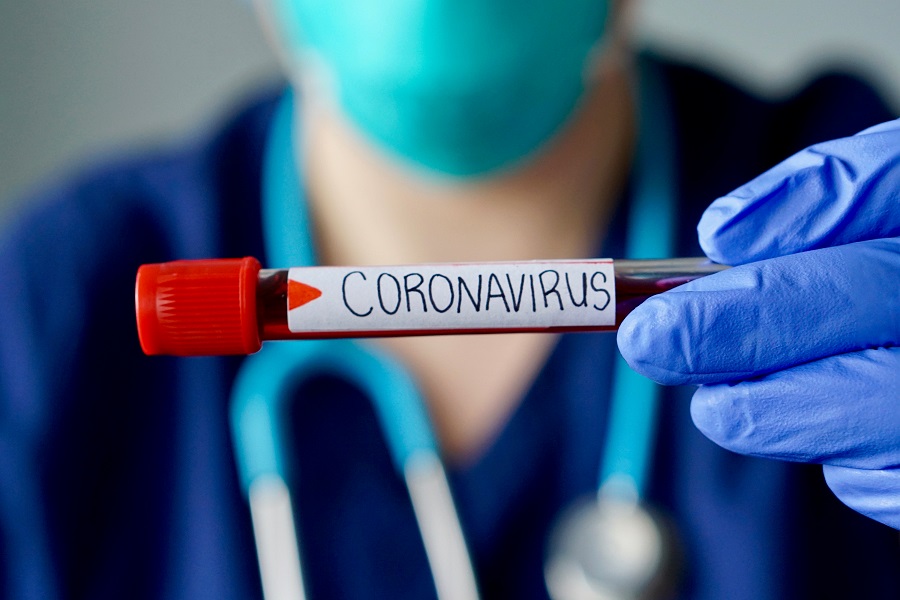15th March 2020 – As the number of people in Australia with coronavirus surges past the 200 mark, many people are asking the question – how do I know if I have coronavirus?
Right now there are some common flus going around because it’s the change of season so if you have flu symptoms – how do you know if you should test for coronavirus?
The best thing to do is to read this Australian government website page which is updated every day and check on your symptoms.
Or you can watch this video below which was made by the Australian Academy of Science to outline the differences and similarities between coronavirus and the flu:
The Australian government site says the symptoms for coronavirus are:
- fever
- cough
- sore throat
- fatigue
- difficulty breathing
Some people who are infected with coronavirus will get very mild symptoms and it will be hard for them to distinguish if it is coronavirus or the flu. They will recover easily. While others will get stronger symptoms and may become very ill.
In addition to having similar symptoms, the coronavirus and the flu also spread similarly. Both are transmitted by coughing, sneezing or contact with hands or other contaminated surfaces.
If you believe you have the coronavirus then call your doctor in advance. If you’re a low-risk case you will be treated like a regular patient but if you are quite ill, you must give notice in order for the clinic to properly prepare.
The Australian government has set up an online fact sheet updated daily to keep people in the loop about the disease. A 24-hour hotline has also been established for people who believe they have the coronavirus: 1800 020 080.
Should you get tested?
If you become unwell and think you may have symptoms of coronavirus, you should go to your doctors and seek medical attention. Your doctor will decide if you need testing, based on the following criteria:
- If you have returned from overseas in the 14 days before you began to feel unwell.
- If you have been a close or casual contact of a confirmed COVID-19 case in the 14 days before you began to feel unwell.
- You have a fever or acute respiratory infection (e.g. shortness of breath, cough, sore throat) with or without fever.
- You have a severe community-acquired pneumonia and no other cause of it is clear to your doctor, with or without recent international travel.
- You are a healthcare worker with direct patient contact and have a fever (≥37.5) and an acute respiratory infection (e.g. shortness of breath, cough, sore throat).




